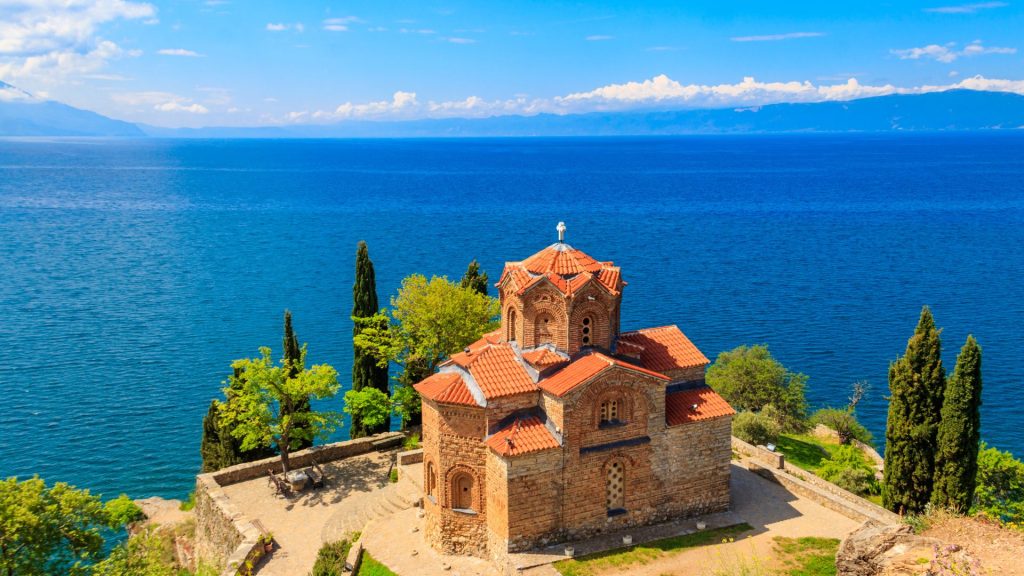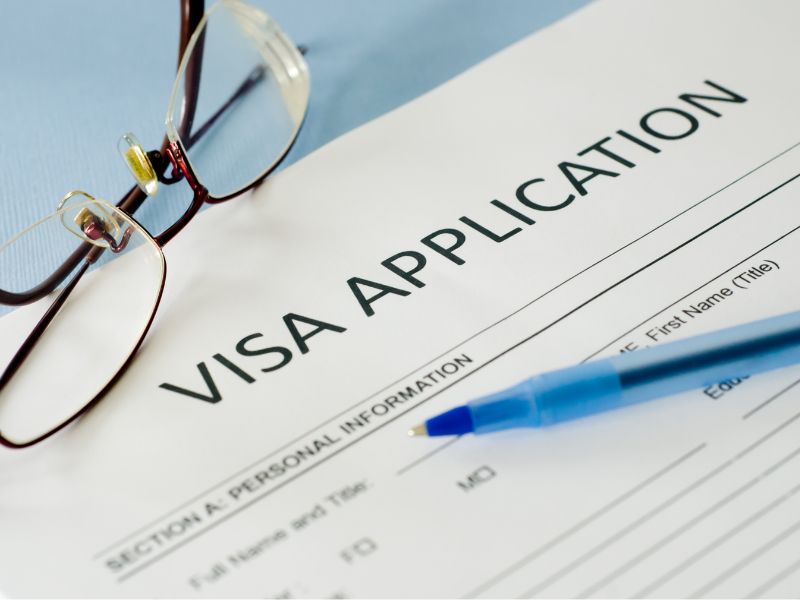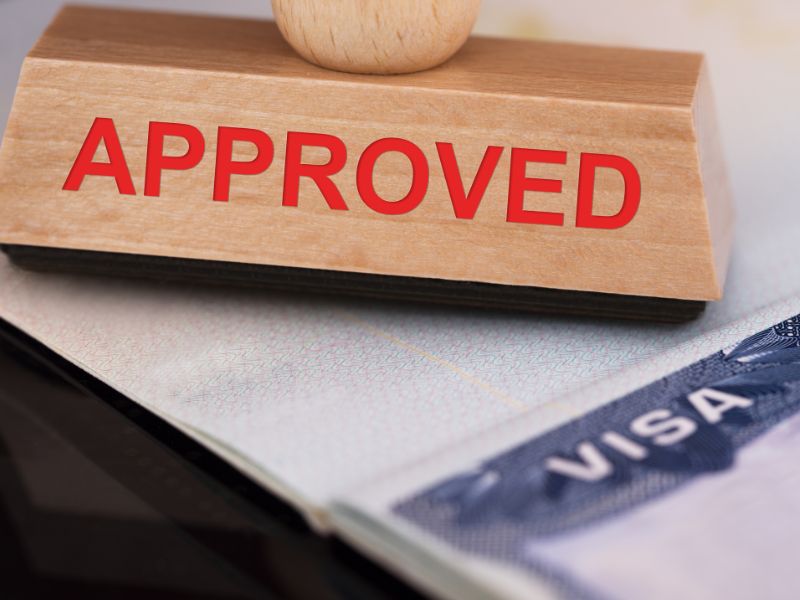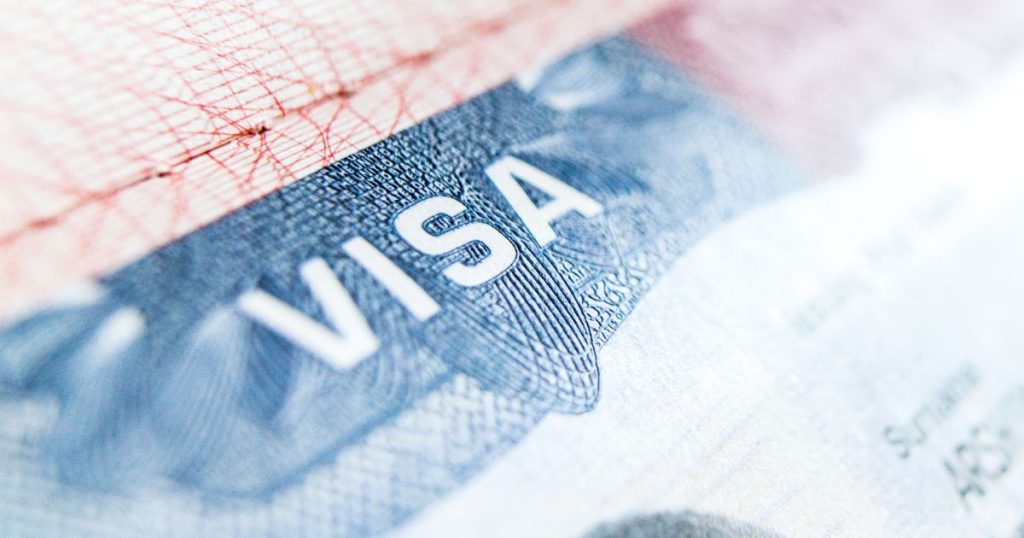Your Guide to Living Legally Abroad
Introduction
For American seniors dreaming of retirement abroad, understanding retirement visa options is fundamental to turning that dream into reality. While affordable housing, quality healthcare, and a lower cost of living are compelling reasons to consider international retirement, the legal right to stay in your chosen country is the essential first step.
Well, the good news is that many countries actively welcome American retirees, offering specialized visa programs designed specifically for retirees and often with relatively modest financial requirements. Moreover, these programs recognize the economic benefits that expatriate retirees bring to local communities without competing in the job market.
About This Retirement Visas Explained Guide
This guide will walk you through the most common types of retirement visas, their requirements, costs, and application processes across popular affordable retirement destinations.
Retirement Visas Explained: The Basics
Tourist Visas vs. Residency Visas
Tourist Visas
- Typically allow stays of 30-180 days
- Usually cannot be renewed indefinitely
- Do not provide residency status or local benefits
- Often prohibit working or running a business
Residency Visas
- Allow long-term or permanent stays
- Provide legal resident status
- May offer pathways to permanent residency or citizenship
- Often include access to local healthcare systems
- May provide tax benefits

Common Types of Retirement Visas
Pensioner/Retirement Visas
- Specifically designed for retirees
- Usually require proof of stable retirement income
- Often offer tax incentives and import privileges
- May include discounts on services and utilities
Investment Visas
- Granted based on investment in local real estate or businesses
- Investment thresholds vary widely by country
- May offer faster paths to permanent residency
- Often have fewer income requirements than other visa types
Passive Income Visas
- For those with regular non-employment income
- Can include retirement funds, rental income, dividends, etc.
- Usually require proof of consistent monthly income
- Often suitable for early retirees or digital nomads
Long-Stay Visas
- Extended tourist-type visas
- Usually renewable for several years
- May have fewer requirements than formal residency visas
- Often a good starting point before committing to permanent residency
Tourist Visa Durations by Region
Before committing to a residency visa, many retirees first explore countries using tourist visas. So, here’s how long you can typically stay as a tourist:
Latin America and Caribbean
- Mexico: 180 days
- Panama: 180 days
- Costa Rica: 90 days
- Colombia: 90 days
- Ecuador: 90 days
- Belize: 30 days (easily extendable to 90 days)
- Dominican Republic: 30 days (visa purchased on arrival)
Europe
- Schengen Area (includes Portugal, Spain, France, Italy, etc.): 90 days within any 180-day period
- United Kingdom: 180 days
- Croatia: 90 days within any 180-day period
- Bulgaria: 90 days within any 180-day period
- Romania: 90 days within any 180-day period
- Albania: One year for U.S. citizens
Asia
- Thailand: 30-60 days
- Malaysia: 90 days
- Philippines: 30 days (extendable to 59 days)
- Vietnam: 30 days
- Cambodia: 30 days

The "Visa Run" Reality
Many expatriates historically used “visa runs” (leaving the country briefly and returning for a new tourist visa) to stay long-term. However, there are important considerations:
- This practice is increasingly discouraged or prohibited
- Immigration systems are becoming more sophisticated in tracking stays
- Many countries now limit total days per year regardless of exits/entries
- Penalties for overstaying can include fines, deportation, and future entry bans
Bottom line: Tourist visas are for exploration, not long-term living. For retirement, pursue proper residency visas.
Popular Retirement Visa Programs
Latin America
Mexico - 2025 Updated Requirements
Temporary Resident Visa
- Income requirement: Approximately $4,185/month over the last 6 months (some consulates request 12 months)
- Alternative savings requirement: Approximately $69,750 in bank savings/investments
- Duration: 1 year initially, renewable for 3 additional years
- Application process: Begin at Mexican consulate in the U.S.
- Cost: Approximately $40 application fee plus $200-250 for visa
Permanent Resident Visa
- Income requirement: Approximately $6,975/month over the last 6 months
- Alternative savings requirement: Approximately $278,000 in savings/investments
- Duration: Indefinite
- Special provision: Available immediately if over 60 with qualifying pension
- Cost: Approximately $40 application fee plus $355 for visa
These are significant increases from previous years and make Mexico less accessible for retirees living solely on Social Security benefits. However, Mexico still offers the option to qualify based on savings/investments rather than monthly income, which may be more achievable for some retirees who have accumulated assets but have lower monthly income.
Panama: Pensionado Visa
Requirements
- Guaranteed lifetime pension of at least $1,000/month; $1,250 for a couple
- Clean criminal record
- Medical certificate
- Duration: Permanent from the start
Benefits
- 50% off entertainment
- 30% off public transportation
- 25% off airline tickets
- 25% off restaurant meals
- 20% off medical services
- 15% off hospital services
- Import household goods duty-free
Cost: Approximately $2,000-3,000 including legal fees
Costa Rica: Pensionado and Rentista Visas
Pensionado (Retiree) Visa
- Income requirement: $1,000/month from a qualifying pension or retirement fund
- Duration: 2 years, renewable
- Benefits: Can import household goods duty-free, can drive on U.S. license
Rentista Visa (for those without pensions)
- Requirement: $2,500/month guaranteed income for 2 years (often via $60,000 bank deposit)
- Duration: 2 years, renewable
- Path to permanent residency after 3 years
Cost: Approximately $700 in government fees plus $1,000-2,000 in legal fees
Ecuador: Retirement Visa
Requirements
- Income of $400/month from pension or $12,500 in bank deposit
- Health insurance coverage
- Clean criminal record
- Duration: 2 years initially, then permanent
Benefits
- 50% off public transportation
- 50% off cultural and recreational events
- Reduced utility rates
- Import household goods duty-free
Cost: Approximately $450 in fees plus $1,000-1,500 in legal fees

Europe
Portugal: D7 Visa and NHR Program
D7 Visa Requirements
- Income requirement: Approximately €8,460 annually (€705/month)
- Proof of accommodation (rental or purchase)
- Private health insurance
- Clean criminal record
- Duration: 2 years initially, renewable, permanent residency possible after 5 years
Non-Habitual Resident (NHR) Tax Program
- 10 years of potential tax benefits
- Foreign pension income may be taxed at reduced rates
- Must apply within first year of residency
Cost: Approximately €90 for visa plus €270 for residence permit
Spain: Non-Lucrative Visa
Requirements
- Income requirement: Approximately €27,115 annually (€2,260/month)
- Private health insurance
- Clean criminal record
- Proof of accommodation
- Duration: 1 year initially, renewable, permanent residency possible after 5 years
Cost: Approximately €150 for visa application plus additional fees for residency card
Greece: Golden Visa
Requirements
- Property investment of €250,000 or more
- Clean criminal record
- Health insurance
- Duration: 5 years, renewable, path to citizenship after 7 years
Benefits
- Includes spouse and dependent children
- No minimum stay requirements
- Access to Schengen Area
Cost: Approximately €2,000 in application and permit fees
Asia
Thailand: Retirement Visa
Requirements
- Age 50 or older
- Financial requirement: 800,000 baht (≈$24,000) in Thai bank or monthly income of 65,000 baht (≈$2,000)
- Thai health insurance or international coverage
- Duration: 1 year, renewable annually
Cost: Approximately 1,900 baht (≈$60) plus extension fees
Malaysia: Malaysia My Second Home (MM2H)
Requirements (recently revised program)
- Age under 50: 1 million MYR (≈$240,000) in liquid assets, 40,000 MYR (≈$9,600) monthly offshore income
- Age 50+: 1.5 million MYR (≈$360,000) in liquid assets, 40,000 MYR monthly offshore income
- Fixed deposit requirement of 1 million MYR
- Duration: 5 years, renewable
Cost: Approximately 5,000 MYR (≈$1,200) in fees
Philippines: Special Resident Retiree's Visa (SRRV)
Requirements
- Age 50+ with $10,000 deposit if with pension of $800/month
- Age 50+ with $20,000 deposit without pension
- Age 35-49 with $50,000 deposit
- Duration: Indefinite
Benefits
- Multiple entry privileges
- Exemption from exit clearances and re-entry permits
- Tax-free importation of household goods
Cost: $1,400 application fee plus annual fee of $360

The Visa Application Process: A General Guide
Step 1: Research and Selection
- Research visa options for your target countries
- Compare financial requirements against your resources
- Consider timeline requirements (some visas require application from home country)
- Evaluate renewal processes and long-term pathways
Step 2: Document Preparation
Common documents required:
- Valid passport (usually with 6+ months validity)
- Proof of income (pension statements, bank statements, investment documentation)
- Police clearance/background check
- Medical examination and/or proof of health insurance
- Proof of accommodation
- Marriage certificate (if applying with spouse)
- Birth certificates (if including dependents)
Step 3: Application Submission
- Some countries require initial application at their consulate in your home country
- Others allow application after arrival on tourist visa
- Many retirees use local immigration attorneys to facilitate the process
- Expect processing times of 1-6 months depending on the country
Step 4: Visa Maintenance
- Mark renewal deadlines on your calendar
- Understand reporting requirements (some countries require periodic check-ins)
- Keep documentation of financial requirements current
- Stay informed about changing visa regulations
Special Considerations for Social Security Recipients
Income Verification
- Most countries accept Social Security benefit statements as proof of income
- Some require benefits to be deposited in a local bank to verify receipt
- Official benefit verification letters can be obtained from the SSA website
- Consider having documents apostilled for international recognition
Meeting Financial Thresholds
For those with limited Social Security benefits:
- Some countries allow combining income sources (Social Security + investments + pensions)
- Consider countries with lower income requirements (Ecuador, Panama)
- Investment visas may be more accessible if you own property
- Some countries allow showing larger assets in lieu of monthly income
Visa Strategies for Couples and Families
Primary Applicant Approach
- Often only one person needs to meet the financial requirements
- Spouse and dependents can be included as derivatives
- Can reduce overall financial requirements
- Important to understand survivor provisions if primary applicant passes away
Combined Income Approach
- Some countries allow couples to combine income to meet thresholds
- May require legal marriage (not all recognize domestic partnerships)
- Can make more expensive destinations accessible
- Important to have clear documentation of relationship

Additional Resources
Official Government Sources
- U.S. Department of State – Country Information – Entry/exit requirements by country
- Social Security Administration – Payments Abroad – Information about receiving benefits overseas
Helpful Tools
- Visa HQ – Information on visa requirements worldwide
- Nomad Gate – Detailed guides on residency programs
Related Articles on Affordable Retirement Abroad
- Yes, You CAN Afford to Retire Abroad – Our overview of affordable retirement options overseas
- Social Security Abroad: A Complete Guide for American Retirees – Understanding your benefits while living overseas
- Healthcare Abroad: What American Seniors Need to Know – Navigating healthcare options in retirement destinations
- Housing Abroad: Rent or Buy? – Making the right housing decision for your overseas retirement
Conclusion: Retirement Visas Explained
Navigating visa requirements may seem daunting at first, but thousands of American retirees successfully obtain legal residency abroad each year. In fact, many countries have streamlined their processes specifically to attract retirees, recognizing the economic benefits they bring to local communities.
For seniors living on Social Security benefits, numerous affordable countries offer accessible visa options with reasonable financial requirements. Moreover, with proper planning and preparation, the path to legal residency can be navigated successfully, opening the door to a more affordable and adventurous retirement lifestyle.
Remember that visa regulations change periodically, so always verify current requirements through official sources or qualified immigration attorneys in your target country. In fact, the effort invested in securing proper residency will provide the peace of mind necessary to fully enjoy your international retirement adventure.
Have questions about specific visa programs or need personalized guidance? Contact us for customized advice on finding the right residency option for your overseas retirement plans.
Join Our Community Today
Get expert insights and exclusive tools to plan your affordable overseas retirement. Subscribe for our free newsletter. Just enter your email below:







